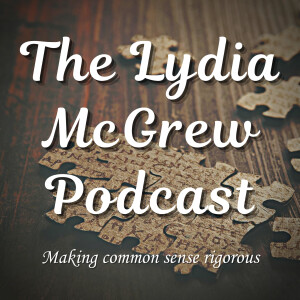
How does an evaluation of source reliability avoid a naive acceptance of anything found in the source? How does induction contribute to source reliability? What difference is made by different subject matter? What does it mean to take a document as a "source in itself"? Is it reasonable to require that everything in history be multiply attested? Recently it's been alleged that someone who rejects the passage-by-passage approach, which I've discussed (and rejected) in other videos is advocating the claim that a source must be "100% reliable or 100% unreliable." This is simply not true. It's also been claimed that real historians don't think in terms of holistic document reliability, which is also untrue. Indeed, historical inquiry would be impossible without considering whether or not a source is reliable. Jonathan McLatchie and Erik Manning (Testify) have done an excellent job rebutting this misrepresentation of holistic reliability. See their discussion here: https://www.youtube.com/watch?v=HoSL9_7-VZY&t=1088s Last week on Facebook I re-shared a video I did some time ago in which I anticipated this false claim about "real historians" or classicists not using the concept of source reliability but focusing only on individual events. Here that link is again: https://www.youtube.com/watch?v=VXj4KtFLuno I've decided to contribute some probability-theoretic geekery to this discussion.
More Episodes
 2024-10-27
2024-10-27
 2024-09-01
2024-09-01
 2024-08-25
2024-08-25
 2024-08-18
2024-08-18
 2024-08-11
2024-08-11
 2024-07-28
2024-07-28
 2024-07-14
2024-07-14
 2024-07-07
2024-07-07
 2024-06-30
2024-06-30
Create your
podcast in
minutes
- Full-featured podcast site
- Unlimited storage and bandwidth
- Comprehensive podcast stats
- Distribute to Apple Podcasts, Spotify, and more
- Make money with your podcast
It is Free
- Privacy Policy
- Cookie Policy
- Terms of Use
- Consent Preferences
- Copyright © 2015-2024 Podbean.com





